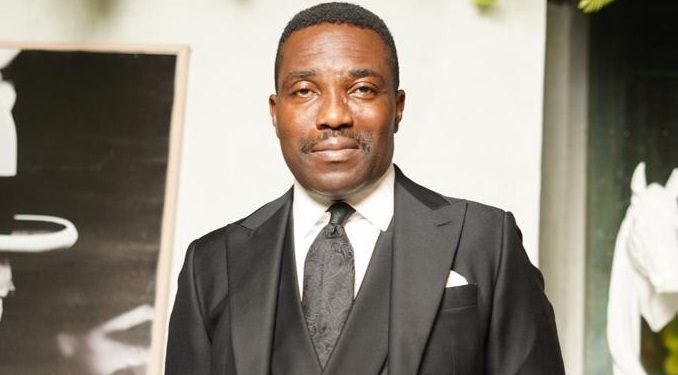
Prominent lawyer Kwame Akuffo has raised concerns about the Supreme Court’s approach to the application for a stay of execution filed by Majority Leader, Alexander Afenyo-Markin, following the declaration of four parliamentary seats as vacant by the Speaker of Parliament, Alban Bagbin.
In an opinion piece, Akuffo highlighted several procedural and legal issues that he believes point to inconsistencies in the Supreme Court’s decision-making process.
Akuffo’s primary critique revolves around the nature of the stay-of-execution application itself. He argues that a stay of execution is typically sought in cases involving a court judgment or order. In this instance, however, the speaker’s ruling is neither a court judgment nor an enforceable order, making the application for a stay of execution legally problematic.
“A party cannot seek an application for a stay of execution in respect of a matter which is not a judgment or a Court order. The speaker’s order is not of such. In any case, it is absurd to seek a stay of execution in a case in which the Court has not made any orders,” Akuffo stated.
His comments emphasize the confusion surrounding the nature of the legal relief sought by the applicant.
Akuffo also pointed out a more fundamental issue with the application—the timeline of events. According to him, the action initiated by Afenyo-Markin, the Majority Leader in Parliament, was based on circumstances that existed prior to the Speaker’s declaration of the four parliamentary seats as vacant.
He adds that by the time the case was heard by the Court, the Speaker’s ruling had already altered the legal landscape, effectively superseding the basis on which the application was initially filed.
“The cause of action for which the applicant went to Court had long been superseded by the conduct of the speaker who had declared the seats vacant,” Akuffo explained, adding “At the date of the hearing, the application was not in sync with the writ before the Court.”
In other words, the legal argument presented to the Supreme Court was based on facts that had already changed, and yet the writ was not amended to reflect this new reality.
Akuffo described the Court’s decision to grant the stay as a “merger of new facts in an old cause of action,” likening it to putting “new wine in an old wine sack”—a scenario that cannot hold.
Finally, Akuffo raised serious concerns about the Court’s assumption of jurisdiction in this case, particularly in light of Article 99 of the Ghanaian Constitution, which governs the resolution of parliamentary seat disputes.
“Under the circumstances, the Court was procedurally wrong in many ways. And then again, the court’s assumption of jurisdiction in the face of Article 99 leaves a lot of unanswered questions.”
Below is the full opinion piece
The Supreme Court must always ensure consistent application in the principles of law.
Its approach to the application for stay of execution by Alex Markin in the vacant seats saga is most confusing.
The first problem is the nature of the application which was sought. A party cannot seek an application for a stay of execution in respect of a matter which is not a judgment or a Court order. The speaker’s order is not of such. In any case, it is absurd to seek a stay of execution in a case in which the Court has not made any orders.
The second point and the most fundamental one is that the cause of action for which the applicant went to Court had long been superseded by the conduct of the speaker who had declared the seats vacant. The action was filed at a time when the seats were yet to be declared vacant. At the date of the hearing, the application was not in sync with the writ before the Court.
It is important to note that the speaker’s conduct by which he declared the seats vacant created a new cause of action
The applicant has not amended the writ to fit the new facts in the application.
The grant of the application was thus a merger of the new facts in the old cause of action . You cannot put new wine in an old wine sack. It cannot hold.
Under the circumstances the Court was procedurally wrong in many ways.
And then again, the court’s assumption of jurisdiction in the face of Article 99 leaves a lot of unanswered questions.
























